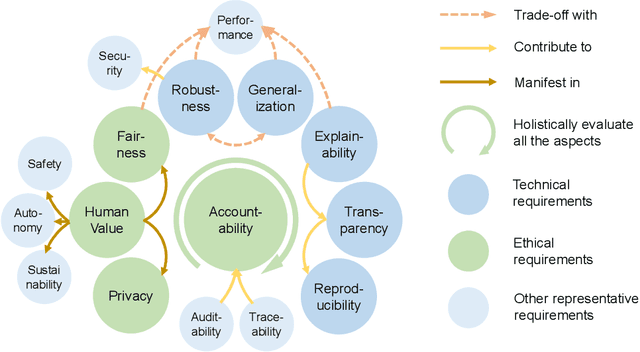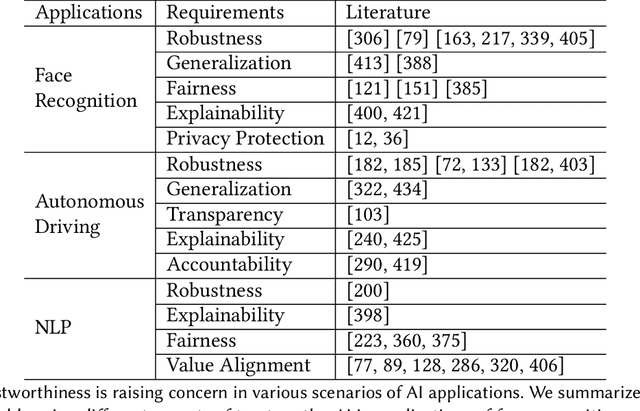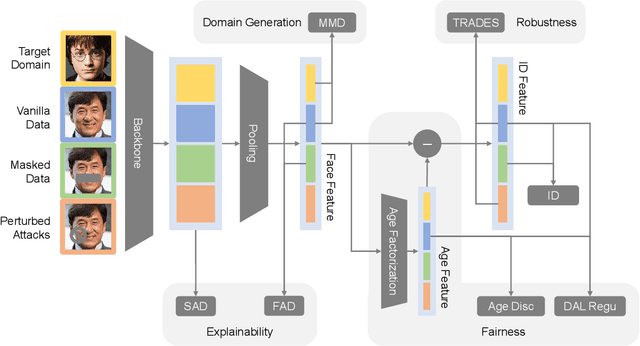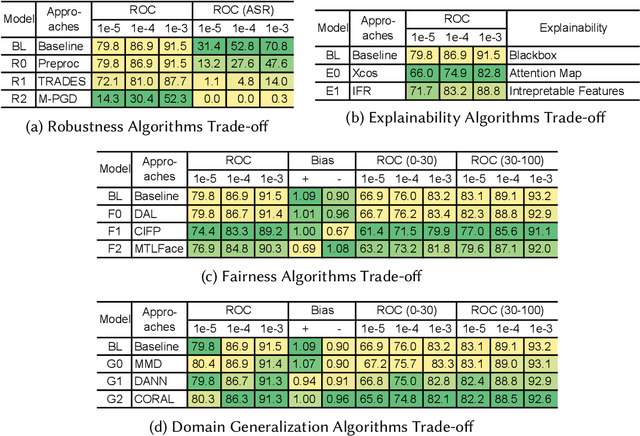Shuai Di
RL-VLA$^3$: Reinforcement Learning VLA Accelerating via Full Asynchronism
Feb 05, 2026Abstract:In recent years, Vision-Language-Action (VLA) models have emerged as a crucial pathway towards general embodied intelligence, yet their training efficiency has become a key bottleneck. Although existing reinforcement learning (RL)-based training frameworks like RLinf can enhance model generalization, they still rely on synchronous execution, leading to severe resource underutilization and throughput limitations during environment interaction, policy generation (rollout), and model update phases (actor). To overcome this challenge, this paper, for the first time, proposes and implements a fully-asynchronous policy training framework encompassing the entire pipeline from environment interaction, rollout generation, to actor policy updates. Systematically drawing inspiration from asynchronous optimization ideas in large model RL, our framework designs a multi-level decoupled architecture. This includes asynchronous parallelization of environment interaction and trajectory collection, streaming execution for policy generation, and decoupled scheduling for training updates. We validated the effectiveness of our method across diverse VLA models and environments. On the LIBERO benchmark, the framework achieves throughput improvements of up to 59.25\% compared to existing synchronous strategies. When deeply optimizing separation strategies, throughput can be increased by as much as 126.67\%. We verified the effectiveness of each asynchronous component via ablation studies. Scaling law validation across 8 to 256 GPUs demonstrates our method's excellent scalability under most conditions.
Trustworthy AI: From Principles to Practices
Oct 04, 2021



Abstract:Fast developing artificial intelligence (AI) technology has enabled various applied systems deployed in the real world, impacting people's everyday lives. However, many current AI systems were found vulnerable to imperceptible attacks, biased against underrepresented groups, lacking in user privacy protection, etc., which not only degrades user experience but erodes the society's trust in all AI systems. In this review, we strive to provide AI practitioners a comprehensive guide towards building trustworthy AI systems. We first introduce the theoretical framework of important aspects of AI trustworthiness, including robustness, generalization, explainability, transparency, reproducibility, fairness, privacy preservation, alignment with human values, and accountability. We then survey leading approaches in these aspects in the industry. To unify the current fragmented approaches towards trustworthy AI, we propose a systematic approach that considers the entire lifecycle of AI systems, ranging from data acquisition to model development, to development and deployment, finally to continuous monitoring and governance. In this framework, we offer concrete action items to practitioners and societal stakeholders (e.g., researchers and regulators) to improve AI trustworthiness. Finally, we identify key opportunities and challenges in the future development of trustworthy AI systems, where we identify the need for paradigm shift towards comprehensive trustworthy AI systems.
 Add to Chrome
Add to Chrome Add to Firefox
Add to Firefox Add to Edge
Add to Edge